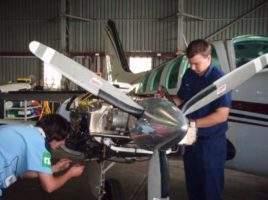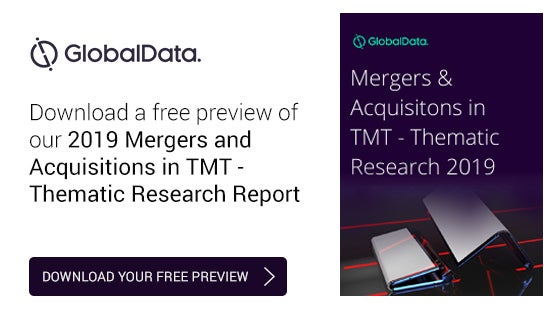Aircraft Engineering and Maintenance Services Maintenance Services for Piston and Turbine Aircrafts

Aircraft Engineering and Maintenance Services is one of the leading providers of quality aircraft maintenance services. Based at Archerfield, Queensland, Australia, we have been in the aircraft maintenance industry for over 25 years and plan to stay around for much longer.
At Aircraft Engineering and Maintenance Services, we provide a range of maintenance services for both piston and turbine aircraft at our specially built facility. Our CAS (C3224) certified maintenance centre has nine members of staff, five of which are fully licensed aircraft maintenance engineers.
The main areas of aircraft maintenance we focus on are:
- Overhauling Casa 212-200, Harbin Y12 & Britten-Norman Islander undercarriage legs, brake and wheel assemblies. Please note that we currently have a number of exchange units in stock.
- Overhauling hydraulic components such as hydraulic accumulators, hydraulic reservoirs and nose steering actuators.
Aircraft maintenance services for the aerospace industry
Our wealth of experience in a wide range of services such as aircraft engineering and maintenance services is why we like to think of ourselves as a big small business. We pride ourselves on providing prompt high-quality aircraft maintenance in a personalised, friendly and relaxed environment.
We are able to overhaul Casa 212-200, Harbin Y12 and Britten-Norman Islander undercarriage, legs, brake and wheel assemblies. Please note that we currently have a number of exchange units in stock. Hydraulic components are also able to be overhauled. Examples of these are hydraulic accumulators, hydraulic reservoirs and nose steering actuators.
FNQ cables control cables
We pride ourselves on our quick turnaround time and competitive prices. Cables can be manufactured on the same day they are ordered, once the U/S or E.O. has been received, and priority shipped from Brisbane. This immediately slashes waiting times and dramatically cuts downtime costs. All cables are issued with an authorised release certificate.
Fully equipped maintenance and repair engineers
Our skilled and experienced maintenance engineers are proud of their reputation for versatility and high-quality workmanship. We have a fully equipped CASA certified maintenance and repair facility.
We specialise in a variety of services including scheduled maintenance, general repairs, annual inspections, modifications, overhauls, avionic installations, major structural repairs, role conversions, aircraft restoration, insurance repairs and prop balancing.
We can fix many different types of aircraft but we mainly specialise in the following turbine-powered aircraft types (up to 5,700kg maximum take-off weight):
- Beechcraft
- Cessna
- Northrop Grumman
- Piper
- Metro
Products and Services
Video
White Papers
Related Projects

Stratolaunch Aircraft

Beechcraft King Air 250

Nextant G90XT Turboprop Aircraft
Press Release
Regional Offices
Hanger 105
Archerfield Airport
Queensland
QLD, 4108
Australia














